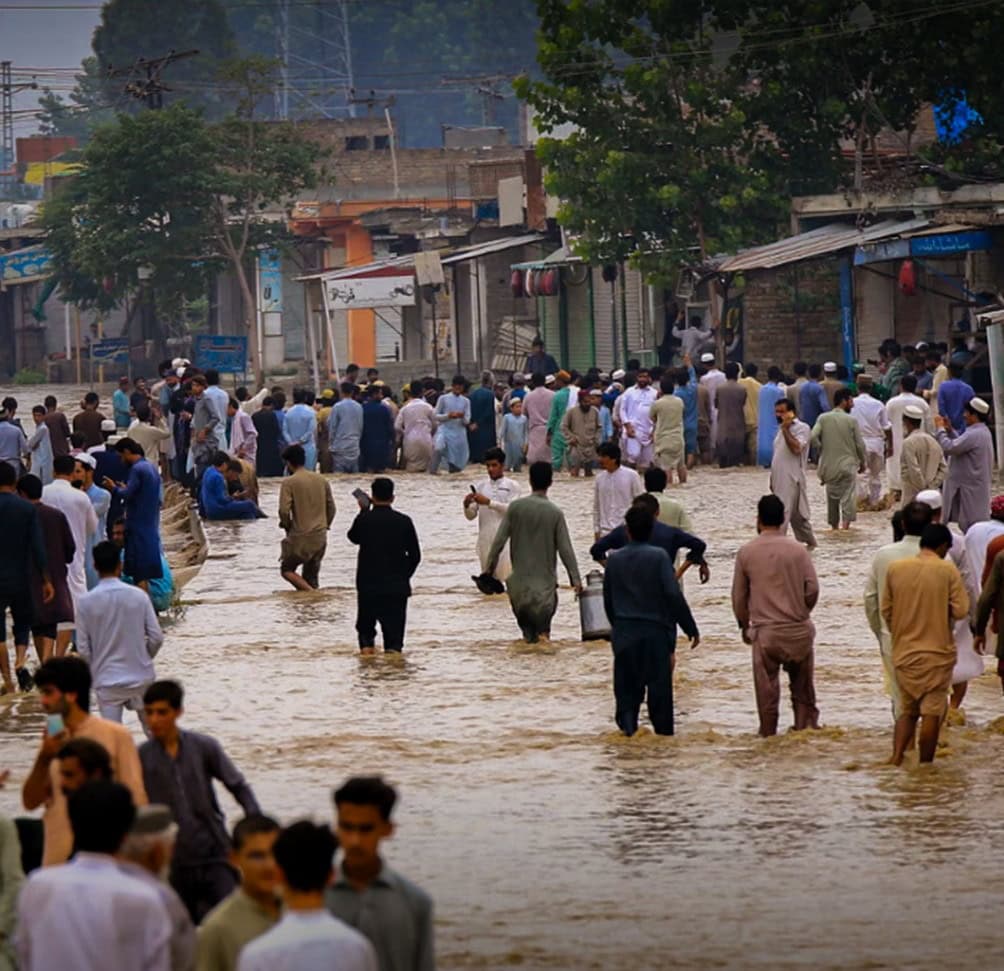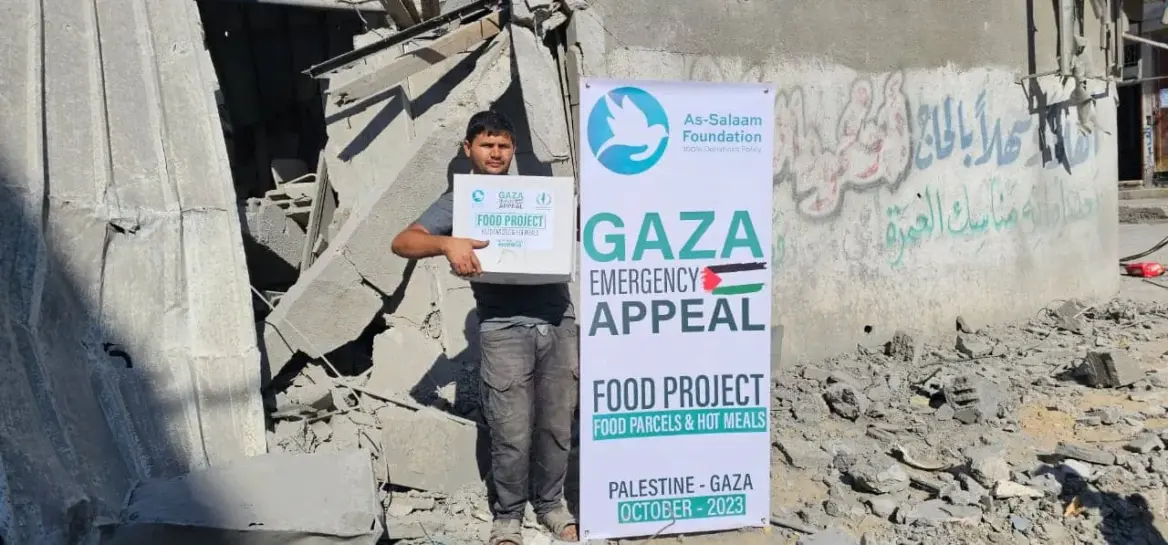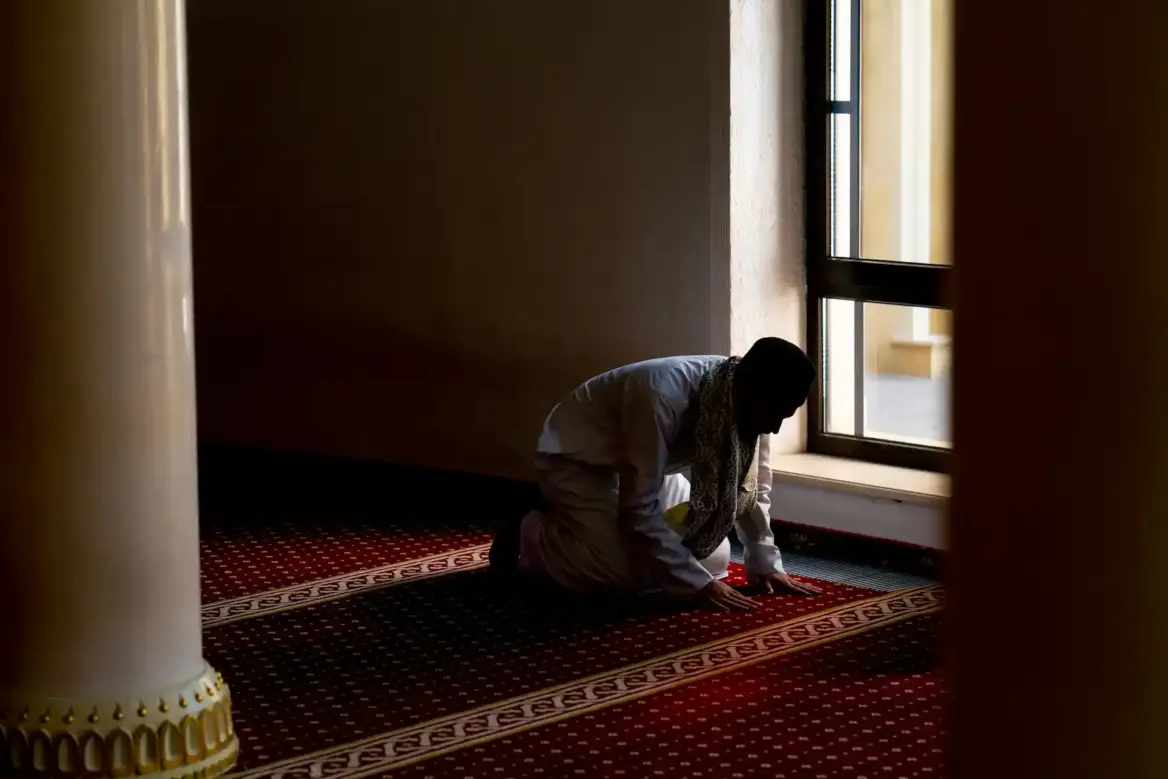Pakistan is hurting. A natural disaster of immense scale has struck, leaving a trail of devastation and despair. As Muslims, our hearts ache for our brothers and sisters. Our faith teaches us the importance of supporting one another, especially in times of hardship. This is a moment when our collective compassion and generosity can make a profound difference.
The summer of 2025 has been exceptionally hard for Pakistan. Relentless monsoon rains have unleashed catastrophic flash floods and landslides across the northern regions. At least 321 souls have been taken, with the vast majority in the mountainous Khyber Pakhtunkhwa (KPK) province. These numbers are not mere statistics; they represent mothers, fathers, children, and entire families whose lives have been taken away abruptly.
This is more than a weather event; it is a human tragedy unfolding in real time. It is a crisis affecting families who have lost everything: their loved ones, their homes, and their hope. Imagine the terror of seeing your world swept away, the agonizing wait for news of missing family members, and the crushing weight of starting over with nothing. This is the harsh reality for countless people in Pakistan today.
A Region in Mourning
Khyber Pakhtunkhwa has taken the brunt of this disaster, suffering 307 confirmed deaths. The hardest-hit district, Buner, alone has seen 225 lives lost. Flash floods and collapsing homes swept through villages with terrifying speed, catching residents off guard. The speed and intensity of these floods left little time for escape.
“I heard a loud noise as if the mountain was sliding,” shared Azizullah, a survivor from Buner.
“I rushed outside and saw the entire area shaking, like it was the end of the world. The ground was trembling due to the force of the water, and it felt like death was staring me in the face.”
His words paint a vivid picture of the sheer terror and helplessness experienced by those caught in the floods. Many witnessed their homes, their livelihoods, and even their loved ones being swept away in a matter of moments.
In response to the escalating crisis, the provincial government has declared a state of emergency in Buner, Bajaur, Swat, Shangla, Mansehra, and Battagram. These areas are now officially classified as disaster-hit zones.
Tragedy Strikes the Rescuers
Amid the chaos and desperate attempts to save lives, tragedy struck those who selflessly put themselves in harm’s way. A Pakistani military helicopter, involved in a critical rescue mission in Bajaur near the Afghan border, crashed in severe weather, killing all five crew members on board.
These brave individuals were on a mission of mercy, trying to reach communities cut off by the floods. Their sacrifice is a testament to the dangers faced by rescue teams and the immense challenges of accessing remote areas. Helicopters are often the only means of reaching these isolated communities, making this loss even more impactful on the overall rescue and relief operations.
Widespread Destruction and Displacement
Beyond the staggering loss of life, the floods have left a trail of widespread destruction that will take years to rebuild.
- Over 74 homes have been completely destroyed in KPK alone
- Dozens have been injured, many critically, requiring urgent medical attention that is often difficult to access.
- More than 1,300 stranded tourists had to be evacuated from Mansehra after landslides cut off all access roads, highlighting the widespread disruption.
- Dozens still remain missing
- Entire villages have been cut off by collapsed infrastructure, making it impossible to deliver aid or assess the full extent of the damage.
The disaster’s reach extends beyond KPK. In Pakistan-administered Kashmir, 9 people have died, and 5 more in Gilgit-Baltistan. Meanwhile, across the Line of Control, Indian-administered Kashmir has also been devastated. A flash flood there obliterated the village of Chisoti, tragically washing away pilgrims gathered for lunch before a religious trek. This event alone resulted in 60 deaths and left 200 people missing.
Climate Change: A Deadly Accelerant
While the monsoon season (June–September) is a vital period, delivering 70–80% of South Asia’s annual rainfall crucial for agriculture, it has become increasingly deadly. This year alone, 650 people have died across the region due to monsoon-related disasters. This pattern of intensified and destructive monsoon events is a stark warning.
Scientists warn that climate change is undeniably intensifying these events. Northern Pakistan, home to some of the world’s most glaciated terrain outside the poles, is especially vulnerable. As glaciers thin and retreat due to global warming, they leave behind unstable slopes of rock and soil. When combined with exceptionally heavy monsoon rains, these slopes collapse into deadly landslides that can dam rivers or unleash flash floods with little warning. The delicate balance of nature in these mountainous regions is being disrupted, with devastating consequences for human lives.
In July, Punjab province, home to nearly half of Pakistan’s 255 million people, recorded 73% more rainfall than last year. This unprecedented increase has significantly contributed to a national death toll that far exceeds previous monsoon seasons. The scale of rainfall is overwhelming existing infrastructure and natural defenses.
A Humanitarian Emergency Unfolding
The situation on the ground is a humanitarian emergency of immense proportions. With roads washed out, bridges collapsed, and medical facilities overwhelmed, urgent humanitarian aid is needed now more than ever. Survivors are without shelter, clean water, food, or basic medical care. Many are forced to sleep in the open, exposed to the elements and at extremely high risk of waterborne diseases like cholera and dysentery, which can quickly turn a crisis into a catastrophe. Children and the elderly are particularly vulnerable.
How You Can Help
Your support can provide immediate relief to families who have lost everything. This is a call to our collective conscience, a moment to embody the Islamic values of charity and compassion.
- £2 supplies hot meals for survivors who have lost everything.
- £25 supplies hygiene packs to help prevent disease and restore dignity.
- £50 supplies food packs to feed a family struggling to survive.
- £50 supplies clean drinking water from water tankers to a community cut off from safe sources.
- £100 supplies tents to provide emergency shelter for a displaced family.
- £1,500 supplies a full medical camp to bring vital healthcare to a remote, affected area.
Every donation, no matter the size, saves lives and brings a glimmer of hope to those facing unimaginable loss. Your generosity can be the difference between despair and survival for countless individuals.
As-Salaam Foundation is on the ground delivering aid right now. Our teams are working directly with affected communities, ensuring that your donations reach those who need them most. But we cannot do it alone.
Donate today at https://www.as-salaamfoundation.co.uk/appeals/kpk-floods-appeal-appeal/ and help us bring hope, relief, and a sense of community to our brothers and sisters in Pakistan. Let us stand with them in their time of dire need.





